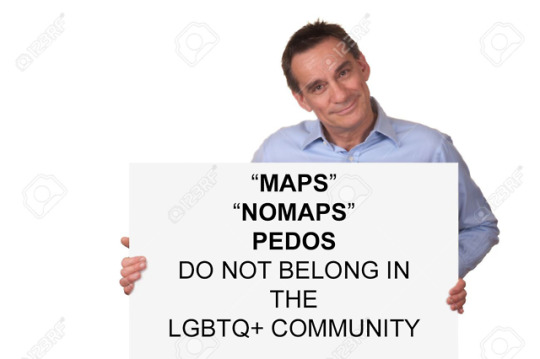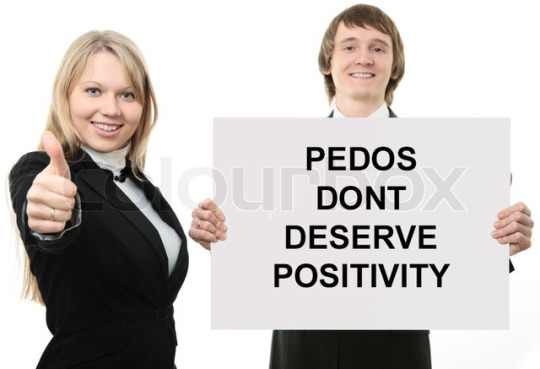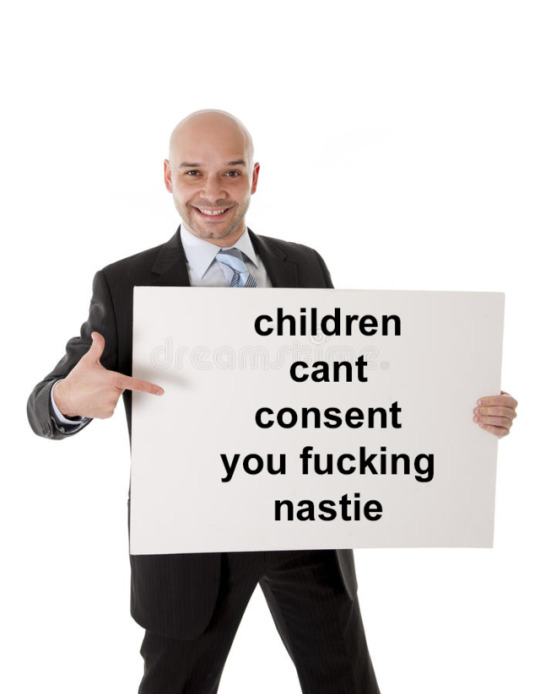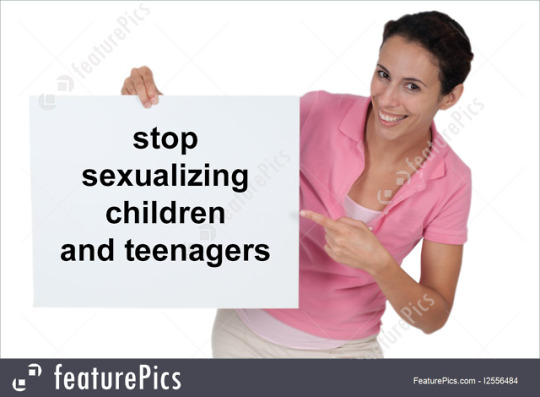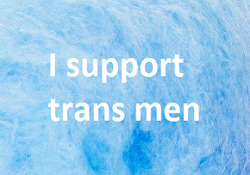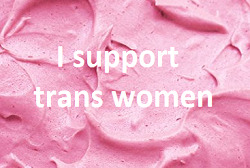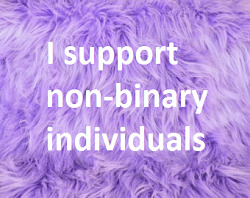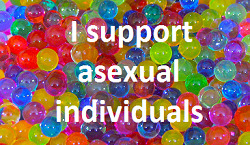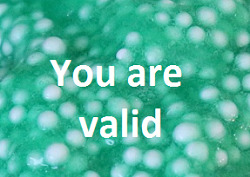All I'm gonna do is talk even though no one asked for my opinion
Don't wanna be here? Send us removal request.
Text
this is an experiment:
trying to prove something to my friends
REBLOG IF YOU THINK PANSEXUALITY AND BISEXUALITY ARE TWO DIFFERENT, VALID SEXUALITIES
17K notes
·
View notes
Photo
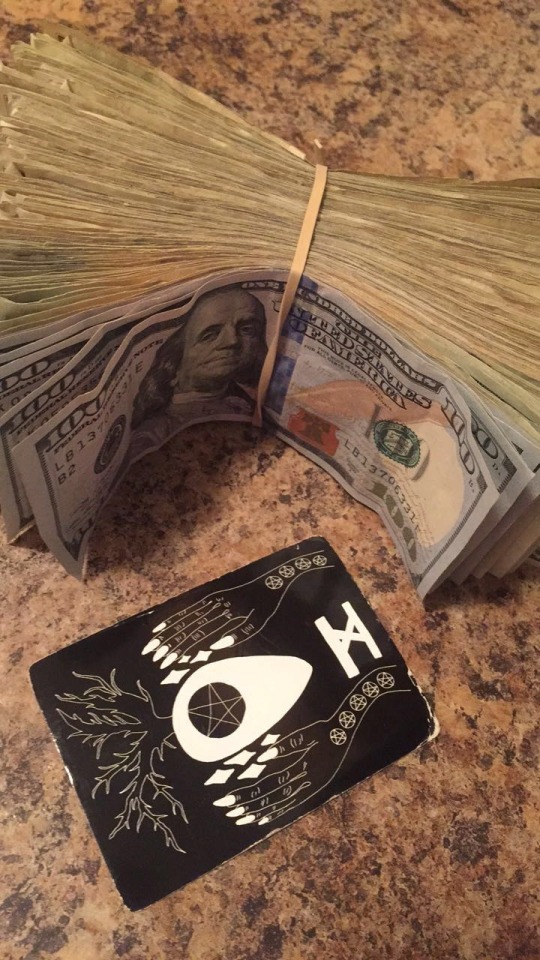
May the 10 of Pentacles bless your account with more money than you can spend. 💵✨
879K notes
·
View notes
Photo

This is the Dog of Protection.
Reblog and you’ll never be forced to reblog anything you don’t want to ever again!
277K notes
·
View notes
Photo

“…Trump’s star on the Hollywood Walk of Fame was destroyed early Wednesday morning in what looks to be a Tinseltown first.”
542K notes
·
View notes
Text
In Which I Talk... About Toxic Positivity
According to WHO (World Health Origination) “ Depression is a common illness, with more than 300 million people affected. It can cause the affected person to suffer greatly and function poorly at work, at school, and in the family. At its worst, depression can lead to suicide. Close to 800 000 people die due to suicide every year. Suicide is the second leading cause of death in 15-29-year-olds.”
Toxic Positivity can be loosely defined as:
“The concept that keeping positive and keeping positive only is the right way to live your life.”
“The push for a mental state in which we only experience and show ‘positive’ emotions.”
“Even if your problem is largely outside of your control, the underlying message seems to be, “If only you’d thinking positively/eat right/follow this program, then you wouldn’t feel sad and sick.” -- Jennifer Mulder
Some Examples of Toxic Positivity:
“Everything happens for a reason.”
“It’ll be ok.”
“Happiness is a choice.”
“Just think positive.”
“If you put good stuff out there, good stuff comes back.”
“Never give up.”
“Don’t be so negative.”
“You’ll get over it.”
These are just a few examples of Toxic Positivity. Now I am nowhere near perfect. And I admit that I have been guilty of spreading Toxic Posititvy from time to time. We all have. No matter what you think, you have, at some point, said one or more of these things to someone in your life who was going through a rough patch.
Positive thinking, health, and happiness are very tricky to balance and cannot be fixed with an “Everything is going to be ok.” Pain, heartbreak, failure, fear, etc. are normal and make you human.
When you don't pay attention to your negative feelings and work on them, you are making the situation worse for yourself and those around you. It’s easier to lie to yourself than to admit the truth.
POSITIVITY CULTURE IS A PROBLEM.
Personally, I define Positivity Culture as only: Tricking oneself into happiness rather than engaging in the crucial practice of proper self-care.
Well, life sucks. Life’s a bitch. And pretending that the negative doesn’t exist is living in delusion. But moreover, focusing on the positive doesn’t make you happy. I’ve tried.
I get it. We don’t always know what to say. But covering it up like that doesn’t disguise its stench of moral superiority. To shrink another’s pain while not-so-subtly insisting that the sufferer only needs to change their attitude. Even if you don’t think you’re morally superior, suggesting that such a simple fix will cure mental illness or trauma is ignorant and arrogant at best.
This culture demands that others conform to the “Always Happy Expectations,” and bear the burden of learning new skills and activities, cultivate false happiness to get others off their case, and “perform” happiness rather than actually finding their own way of seeking it. These manipulations are very harmful.
People who push this culture stop listening to suffer’s story. Everyone has their own journey to go through. You can’t fast-forward to better times without draining yourself.
I am not saying that those who give well-intended advice are abusive, but I would advise anyone who’s tempted to tell a loved one to “just think positive” or “go for a run” to instead actually be supportive to said love one.
What to Do Instead (In my opinion)
Accepting difficult emotions helps with coping and decreasing the harshness of those emotions.
Getting things off your chest, positive, and negative thoughts is like lifting a weight from your shoulders.
Talking about things like that can be painful and may cause you heartache, but it’s a lot better than suffering in silence just to make someone else happy.
Know that it’s ok to fail. That it’s ok to give up and start anew. I know it’s difficult to find anything positive in a difficult situation, but you are not alone, and those who love you will help you find the happiness that you deserve.
https://thehealthsessions.com/toxic-positivity/
https://drallisonanswers.com/happiness/toxic-positivity/
https://medium.com/the-post-grad-survival-guide/the-terror-of-toxic-positivity-95abb8d08f9
https://www.who.int/news-room/fact-sheets/detail/depression
Sincerely, IWIT (In Which I Talk)
3 notes
·
View notes
Photo

They Chased Lost Voices - Good morning, Listeners (on Wattpad) https://my.w.tt/LuUMzyiawY Hello, this is the first story that I've been really excited to write about. I SUCK AT WRITING AND WRITING DESCRIPTIONS. The cover IS NOT MINE!! CREDIT GOES TO DAVID REVOY You can check out their amazing work on https://www.davidrevoy.com/
#adventure#childloss#drugaddiction#dystopian#lightromance#mentalhealth#mentalinstitution#robots#science-fiction#books#wattpad#amreading
1 note
·
View note
Text
you’ve heard of “press f to pay respects” now get ready for

77K notes
·
View notes
Photo

Happy Pride 2019, Tumblr!
There are so many ways to celebrate this beautiful month! Pride parades and festivals and marches will take place all over the U.S. to elevate our LGBTQIA+ selves, friends, and family. Your Tumblr dashboards deserve to feel just as commemorative, so all month long we’re going to be highlighting amazing LGBTQIA+ Tumblrs for you to follow.
As we celebrate, we also want to remember the serious event from which Pride has evolved. This month marks the 50th anniversary of the beginning of the Stonewall Riots, a series of political protests that began at The Stonewall Inn in New York City. Young Black and brown LGBTQIA+ people—particularly trans POC—were the first to stand up and protest against the police brutality and inhumane treatment of people within their community. They deserve to be remembered, respected, and honored.

And so, this year, our theme is “Educate. Advocate. Celebrate.” We’re sharing resources and information about the LGBTQIA+ community to help educate those who are not as knowledgeable about the history of the community. We’re advocating for the community by providing links to helpful resources, small businesses owned by LGBTQIA+ folks, and non-profits to support. And, of course, we want you to celebrate who you are. Through that, we’ll be spotlighting non-profit organizations, LGBTQIA+ artists on Tumblr, and more throughout the month right here on @action. There are so many wonderful LGBTQIA+ Tumblrs out there, and we want to continue to support and uplift them.
There’s also a little bit of fun added across the platform. See the Tumblr “T” up at the top on the left on desktop web? Hover your mouse and see it cycle through different LGBTQIA+ flag colors, including the traditional LGBTQ+ rainbow flag, trans flag, non-binary flag, genderqueer flag, lesbian flag, POC LGBTQ+ flag and more. Using the app? Open up the sticker drawer and find some of those Pride flag in sticker form to use however you see fit.

We want to know how and who you’re educating, advocating, and celebrating this month. Is it you? Your parents? Your best friend? Is there a small business owner we should know about? Make a post about ‘em! Make sure to tag your post with #Tumblr Pride so the whole community can find it.
Stay safe and stay kind, Tumblr. ❤️
39K notes
·
View notes
Text
In Which I Talk... About Why I Like Being Alone
From the time we walk into our first class, we’re thrust into an environment that about 25% of us detest. We are put into the world of groups, teams, socializing, etc... About every 1/4 of people have to put up with this their entire lives.
It doesn’t take a degree in sociology to see the inherent social bias against the introverts, or better known as the “withdrawn,” “timid,” and “wallflowers”. We just happen to have different neurochemistry than others.
I am an ambivert. If you don’t know what that means, it means that I have a strong balance of introvertism and extrovertism. though I tend to be more introverted. I have first-hand experience in the topic at hand, like most of you out there.
I love research, science, facts, engineering, and all that stuff. I’ve done enough study and writing about solitude and introversion to know that the two are nearly indivisible.
What does research say about me and others who love our alone time? That’s what I’m here to talk about (I’ll occasionally provide my own insight/experience, as well.)
DO YOU LIKE BEING ALONE? RESEARCHERS REVEAL WHAT IT SAYS ABOUT YOU
1. WE DO LIKE PEOPLE
Sure, there are reclusive weirdos and other misanthropes who despise society. But these people are a (rare) exception to the rule. Introverts (and other “loners”) do like people if given enough time to understand them, and vice-versa. Our more outgoing friends are more gifted at making small talk, which is a necessary prerequisite for making friends with people. Small talk just isn’t something introverts do particularly well, which is partially the reason we despise it.
We like people, we like having a small circle of friends; but we’re just as comfortable (if not more so) being alone in a quiet café or at home or something.
2. THEY’RE OPEN-MINDED
It’s quite easy to cast someone who’s quiet or reserved as being judgmental. Most times, however, this is not the case. People secure in spending time alone doesn’t make them more or less closed-minded than anyone else. Though sometimes this isn’t true.
(I can attest to this. Most of my friends tend to be ambiverts, and we think and discuss a variety of topics. I can’t think of one time we didn’t approach a person or topic of discussion with open-minded curiosity.)
3. MOST OF THEM AREN’T NEUROTIC
In personality inventories such as the “Big Five” personality assessment, the word neurotic is associated with “(moodiness) and such feelings as anxiety, worry, fear, anger, frustration, envy, jealousy, guilt, depressed mood, and loneliness.”
Sophia Dembling compares the introvert perspective and the neurotic perspective using social situations. Here are a couple of examples:
(a) Standing in a line waiting to get into a party.
Neurotic: “I’m pretty sure 87% of the people here are going to hate me.”
Introvert: “When can I go home?”
(b) An attractive stranger across the room appears to be looking your way.
Neurotic: “Is my zipper open?”
Introvert: “Let’s see what happens if I make eye contact.”
4. THEY’RE GREAT LISTENERS
This is kinda thing we hear a lot.
Nancy Ancowitz, author of Self Promotion for Introverts: The Quiet Guide to Getting Ahead, writes, “One lesson we can learn from introverts is that practicing and improving your listening skills helps you in so many aspects of your life. It helps you target your audience, whether you’re speaking publicly, participating in a meeting, negotiating a sale, or relating to a friend.”
This ability comes from differences in brain chemistry: “As an introvert, your listening to talking ratio is higher,” says Ancowitz. “You tend to be processing things quietly in your head as opposed to out loud, which adds noise to the conversation.”
(Ancowitz’s findings are quite accurate. The one thing I personally want to add is; “except in situations that involve small talk.” In this scenario, loners are exasperated and won’t actively pay attention, much less listen.)
5. THEY’RE EASILY OVER-STIMULATED
Here’s that neurochemistry thing again. People who enjoy solitude have a default brain pathway that is very different from those who crave the social scene.
Dopamine is a brain chemical that provides motivation to, among other things, seek external rewards, climb the social ladder, attract a partner, or get promoted at work.
The dopamine network is “more active in the brains of extroverts than in the brains of introverts,” says Scott Barry Kaufman, Scientific Director of The Imagination Institute. An influx of dopamine is a great boost for some people and a hindrance for others.
For the homebodies, we prefer the neurochemical acetylcholine. Acetylcholine, like dopamine, it’s linked to reward. The difference is that the former chemical activates when certain people “turn inward.”
As one self-described introvert explains: “For my extroverted friends, the noise and the crowd at the concert were simply all part of the fun. Yet, for me, as the night wore on, the hubbub became annoying and tiring, – even punishing as I became overstimulated.”
Sincerely, IWIT (In Which I Talk)
0 notes
Text
In Which I Talk... About Talking
I started to wonder if anyone actually reads what I post here. I doubt anyone actually cares, but I’m gonna do it anyway. I don’t know why. I know I’m going to get backlash from people and people hating on me for talking about this random shit. but I don’t really care anymore. I’m just gonna talk.
Sincerely, IWIT (In Which I Talk)
1 note
·
View note
Text
In Which I Talk... About Mini Kirby
Me to me: Ok. You’re gonna start college soon. You need to save more money than you already have so you don’t die.
Also me: *spends money on a mini Kirby*

2 notes
·
View notes
Text
Me, posting about my favorite characters: I love you with my entire being. You are so complex and interesting and entertaining. Bless your creator.
Additionally, me, writing said characters: Suffer! Cry you little bitch! IN ORDER TO SHOW THE AUDIENCE YOUR POTENTIAL I HAVE TO BREAK! YOU! PERISH!
3K notes
·
View notes
Text
In Which I Talk... About The Walking Dead 🧟♀️🧟♂️
So don’t get me wrong. I like the show. Very entertaining at times. Granted it was good in the beginning but now not so much.
But am I the only one who thinks that zombies don’t make any sense?
I mean, if they are “dead” then wouldn’t their bodies simply just decompose and the situation would solve its self out?
The idea of the dead walking among us is a common thing is ancient culture.
You also have to consider what weather and different climates do to the human body or in this case a dead one
High heat and humidity can attract insects to the body and they can be “slowly” be taken care of that way.
In desert areas such as the Sahara desert will dry the body into a husk in a matter of hours. or Antarctica ( Which is a desert because a desert is a place which gets little to no rain, fight me) which will cause the bones to become more brittle.
Not to mention the hurricane winds, heavy rainfall, hail, etc...
Forms of fungi and other bacteria would eventually cover the zombies eating them from the inside out
They wouldn’t be able to use their 5 senses. The eye tissue would begin to rot and fall out leaving them essentially blind. The ears would decompos do to it being cartilage so they wouldn’t hear anything. The sense of smell would most like be overwhelmed by the smell of their own rotting bodies. Etc...
How do they eat anyway? It’s not like they have a fully functioning digestive system anymore. So what does the food do after they eat something? Does it just fall out if they have a giant whole in their stomach or something? And they wouldn’t be able take any of the nutrients from it anyway because well, they are dead.
And do to the amount of gum disease I’m sure they have. Wouldn’t their teeth fall out? How would they eat you? Are they gonna eat like a newborn and just saliva on it?
They can’t speak, they can’t avoid danger, can’t use tools, can’t wait and hide to attack you, can’t conserve energy in anyway, nor can they defend themselves.
They could just bump into a door enough to supposedly knock it down but it’s not like they’re gonna say “ Ok guys, on the could of 3 we’re gonna all charge at the door... 1 2 3 Go!”
If you get caught by a zombie it’s gonna be more embarrassing if anything.
It’s not like catching the flu or a cold. “you can only become a zombie if you get bitten or scratched by one.” It’s like when someone gets rabies. In the U.S. it’s rare for someone to get rabies ( about 1-3 people annually ). If you can avoid getting bit by a wild animal and get rabies I’m pretty sure you can be able to not get bit by an undead human, who can’t even run very fast mind you, or ya know run at all that matter.
What topic should I talk about next?
Sincerely, IWIT (In Which I Talk)
0 notes
